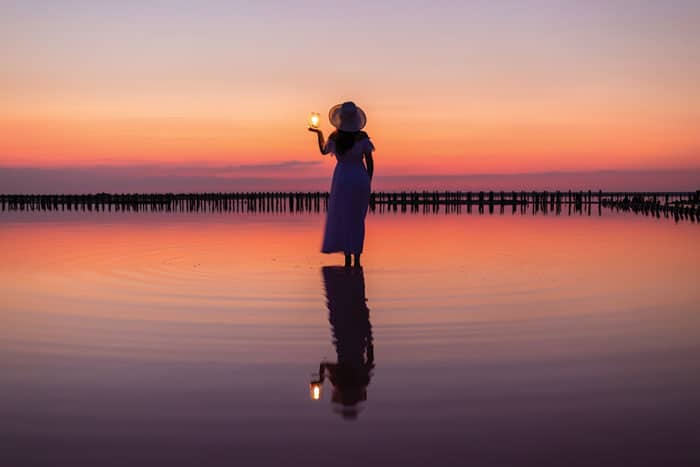 Anton Petrus/Getty Images
Anton Petrus/Getty Images Seeing the beautiful full moon recently, I was reminded Rosh Hashanah is just around the corner. As a member of the clergy, it is that awesome moment when I face my sermons and what I should say. In a world so filled with pain and suffering, overwhelming environmental destruction, cultural and political chaos and disillusionment, ethnic and religious hatred and violence, educational deterioration, ethical and moral decay — and, of course, Israel —there is certainly no dearth of topics needing attention. Let’s face it, the world feels as if it is coming apart and much of what we depended on is disappearing. When Walter Cronkite reported the news every night, he famously signed off by saying “and that’s the way it is.” The way it is today is that the truth, something we hold so dear, is no longer a norm; in fact everyone feels entitled to speak and act on their ‘own truth.’ It’s as if we live in a multiverse.
When I recently read Chaim Steinmetz’s article, “The Secret of Jewish Resilience,” where he writes that our resilience is found in holding our past, knowing how we have overcome so much, I felt totally in agreement. As a child of Holocaust survivors, knowing my family survived and went on to create a new life has always been a source of strength and a guidepost for the future. But in all honesty, I don’t believe it is enough.
As we enter the next year knowing full well much of what we will face … we must be able to stand strong and steady to withstand the whirling tornado that surrounds us.
As we enter the next year knowing full well much of what we will face, along with the personal challenges each of us has with community, family, and our own inner being, we must be able to stand strong and steady to withstand the whirling tornado that surrounds us. My obligation, as a rabbi, is to speak and teach the tools necessary to be strong, to be centered, and confident in our ability to cope with adversity and perhaps even find a semblance of joy and wholeness, Shleymut, when faced with frustration, misfortune and chaos.
For years I have taught about the soul, this ephemeral element hidden yet present, the essential core of our being. But during these last six months, when faced with enormous demands and suffering, sharing my husband’s medical journey of surgeries, infections, and arduous recovery, what I rediscovered was my body, something very neglected and yet crucial to my physical, emotional, and spiritual well-being. Walking has long been a critical activity and, like a good cup of coffee, often helps me to see life differently when the endorphins (or caffeine) kick in.
So much of positive psychology teaches that it is how we think and perceive that often make the difference in what we feel and how we act. Reality often is not changeable, but our response to it is. Viktor Frankl powerfully teaches that in the worst of horrors ‘how we respond’ is all we have control over.
Rambam, scholar, rabbi, and doctor of the middle-ages, famously said, “If the soul is sick look to the body, if the body is not well look to the soul.”
G-d is not only in our souls and in our consciousness but in our bodies. I often teach the vertical YudHayVavHay, G-d’s most powerful Hebrew name, is on the body the ‘spiritual skeleton’ we have within us. But conventional Judaism has a strong respect and kinship to the Divine within as well as the body’s functioning and connection to living as a Jew. Rambam, scholar, rabbi, and doctor of the middle-ages, famously said, “If the soul is sick look to the body, if the body is not well look to the soul.” Long before our modern understanding of the Mind/Body connection, he taught us of how incredibly intertwined they both are. Let me just share how our ritual life reflects this relationship as well.
The word Baruch, meaning blessed, has a three-letter root which also means a ‘knee.’ We bend our knees when we bless the Holy One, as if standing before the King/Queen; when we wash our hands we say a blessing for ‘lifting’ them, elevating our actions in the world; we use our ears to listen intently when we say the Shema, we stand on our feet for the Amidah and lift up onto our toes three times saying “Holy, Holy, Holy,” and when we come to Yom Kippur morning service, we fall on our faces, the ultimate expression of humility. At the end of Kaddish we bend at the waist in three directions; in our most important festivals, called the Shalosh Regalim, which literally means the ‘three walkings’ our bodies are engaged in — Pesach getting on our knees to find chametz, Shavuot embracing with our arms and hands the Torah, and Sukkot, when we physically build a dwelling and then hold in our hands the lulav and etrog, shaking our bodies and pointing in six directions, every place G-d exists. On Hanukkah we light and look at the candles, and during Shivah we sit, low to the ground, and purposely avoid tending to the body, not washing or paying attention to our appearance, adding fasting to our more potent days like Yom Kippur and Tisha b’Av. Most awe-inspiring, when we die, our bodies are washed, purified, and prepared with the utmost respect and even guarded by someone who reads psalms until the moment of burial. And every day, after going to the bathroom, we say a blessing acknowledging the gift of G-d’s genius and the miraculous systems in our bodies, knowing full well, that when just one part is out of alignment it impacts everything else.
When we say the V’ahavtah we are reminded “to love G-d with all your heart, all your soul, and all of your being.” Our liturgy teaches that “with every breath I will bless you … (with) the limbs you formed…and all my bones I will exclaim, Lord, Who is like You!” The body is an integral part of how we act, worship, and connect with our tradition. It is core to our survival, and like the house we live in, it is a sanctuary, the Temple for the Soul, and must be cared for or it will fall apart.
This year I will teach my people some movements, based on Qigong, that connect with the rest of our being, helping them to find the resources and the strength based in Jewish spiritual practice and Kabbalah. The Etz Chayyim, the Tree of Life,’ is made of up of three triangles — foundation, emotions and wisdom, and we must tap into these places within the body and learn how to revitalize and awaken their presence in our lives so we can feel the Shefa, the flow of energy, we need to stay strong and centered, whole and resilient.
When I studied to be a cantor my mentor said to me, “Welcome to G-d’s army.” Those words have been with me since. Each one of us must feel like a soldier defending all that we care about. It takes work. Our accomplishments with family, community, and professional life took time and effort and so does becoming a ‘spiritual warrior.’ Mindfulness, meditation, yoga, Asian energy work, study and deep inner awareness takes time and dedication. The research has proven that it not only prevents illness and disease, it also enhances emotional vitality, physical durability, and spiritual constancy.
As a rabbi, one that is aware of the aging process, what we face becomes more evident, but there are tools that give us the ability and prowess to not only sustain us during these moments, but to actually feel hope and confidence that we will remain strong and steady throughout. Finding meaning whether in volunteer work, revisiting a ritual in a new way, becoming an adult B’nei Mitzvah, trying a new physical activity, studying, and expanding the mind even as crises emerge are all ways to nurture and nourish both body and soul.
I invite you to become a “spiritual warrior” this coming year. Walk, move, and discover new ways to not only release endorphins, which bring a smile on your face, but other ways to honor and explore your body so that it can serve you with inner power to face whatever comes your way. In services, mindfully focus on every movement as you pray to the Holy One knowing that G-d becomes enlivened with every move you make. May you come to a greater sense of renewal both of body and soul in this coming new year.
Shanah Tova
Eva Robbins is a rabbi, cantor, artist and the author of “Spiritual Surgery: A Journey of Healing Mind, Body and Spirit.”
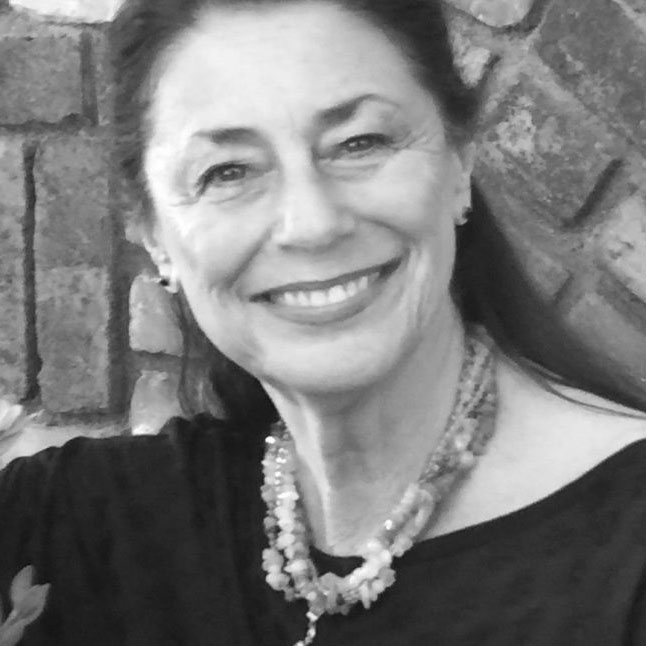






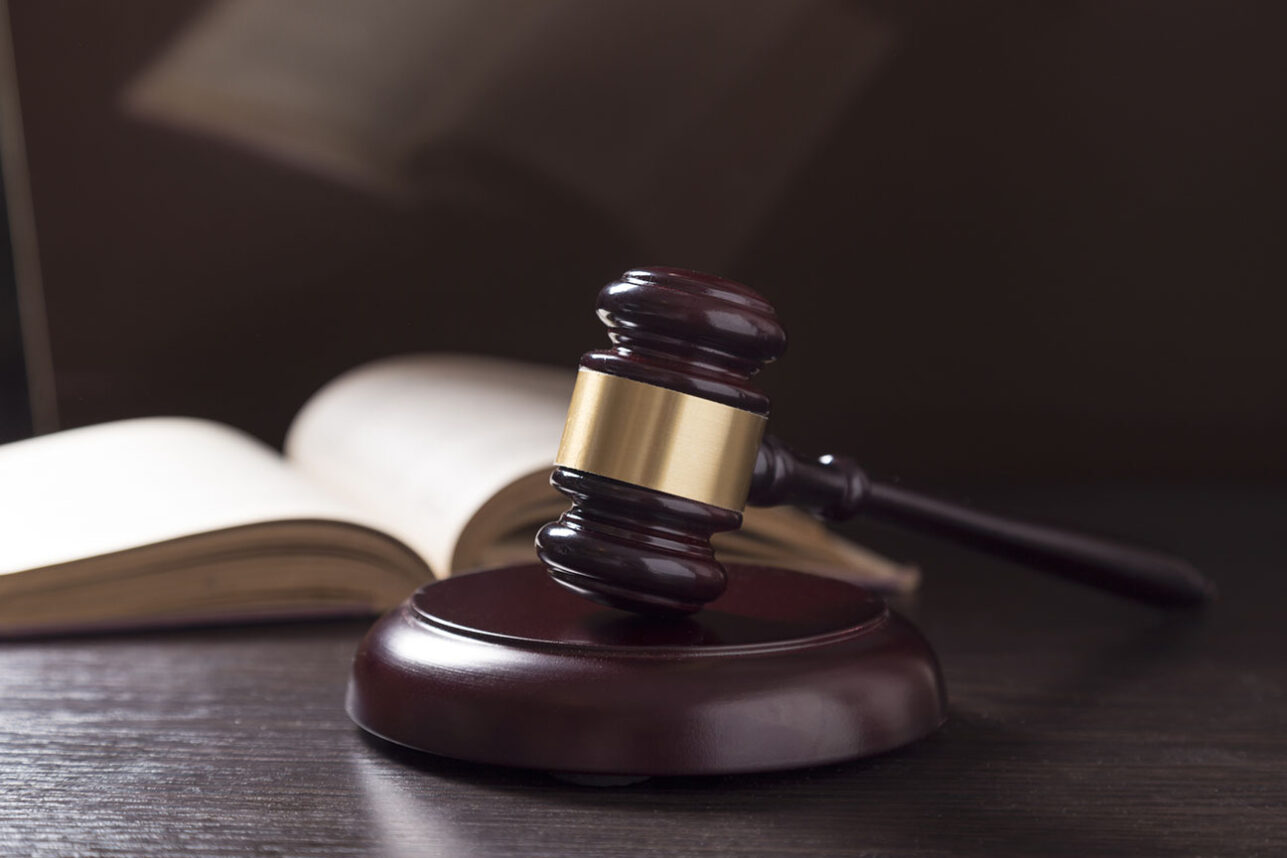
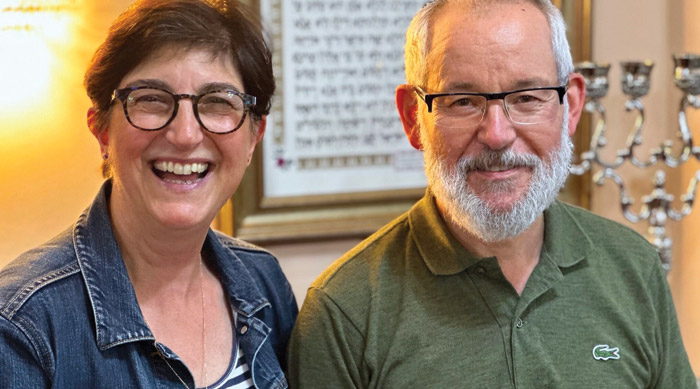

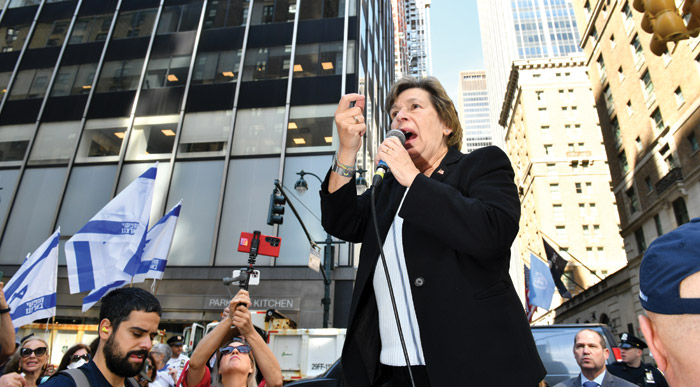
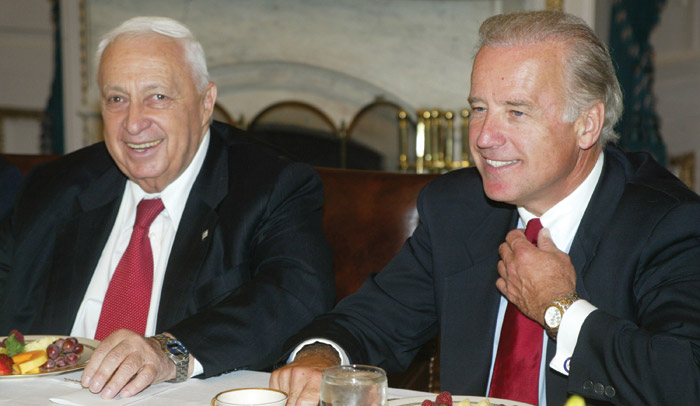
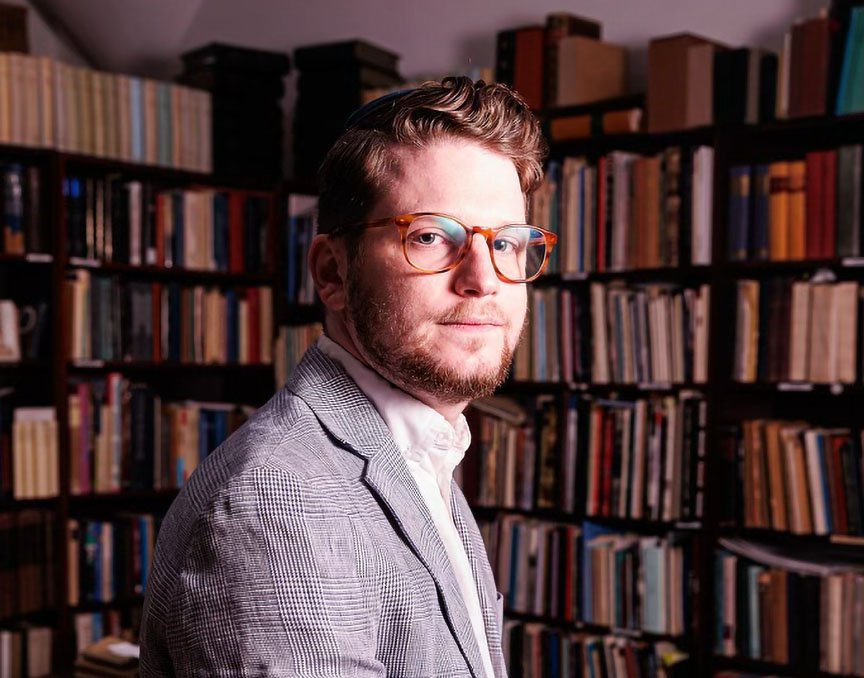
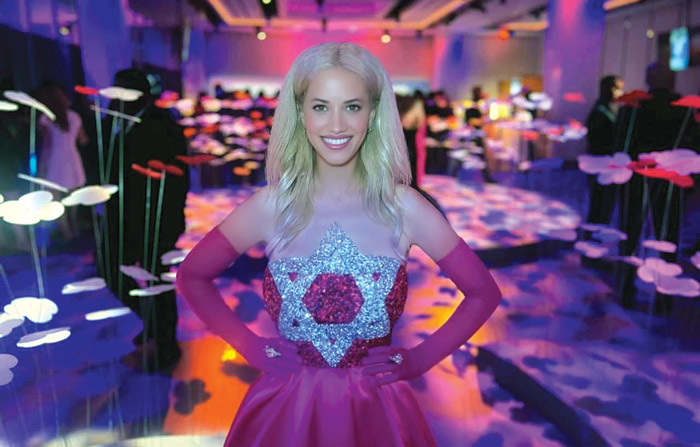
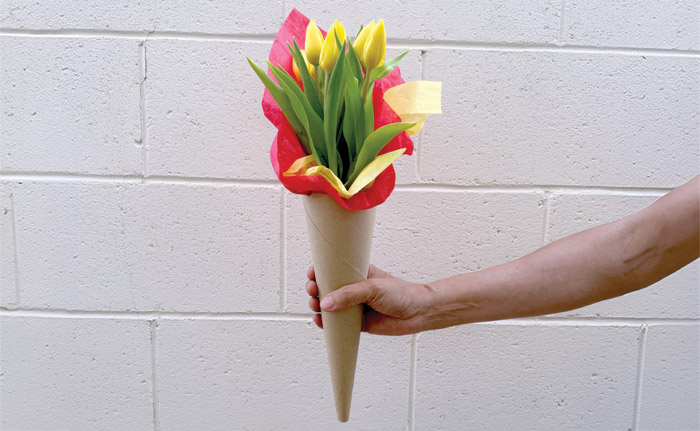
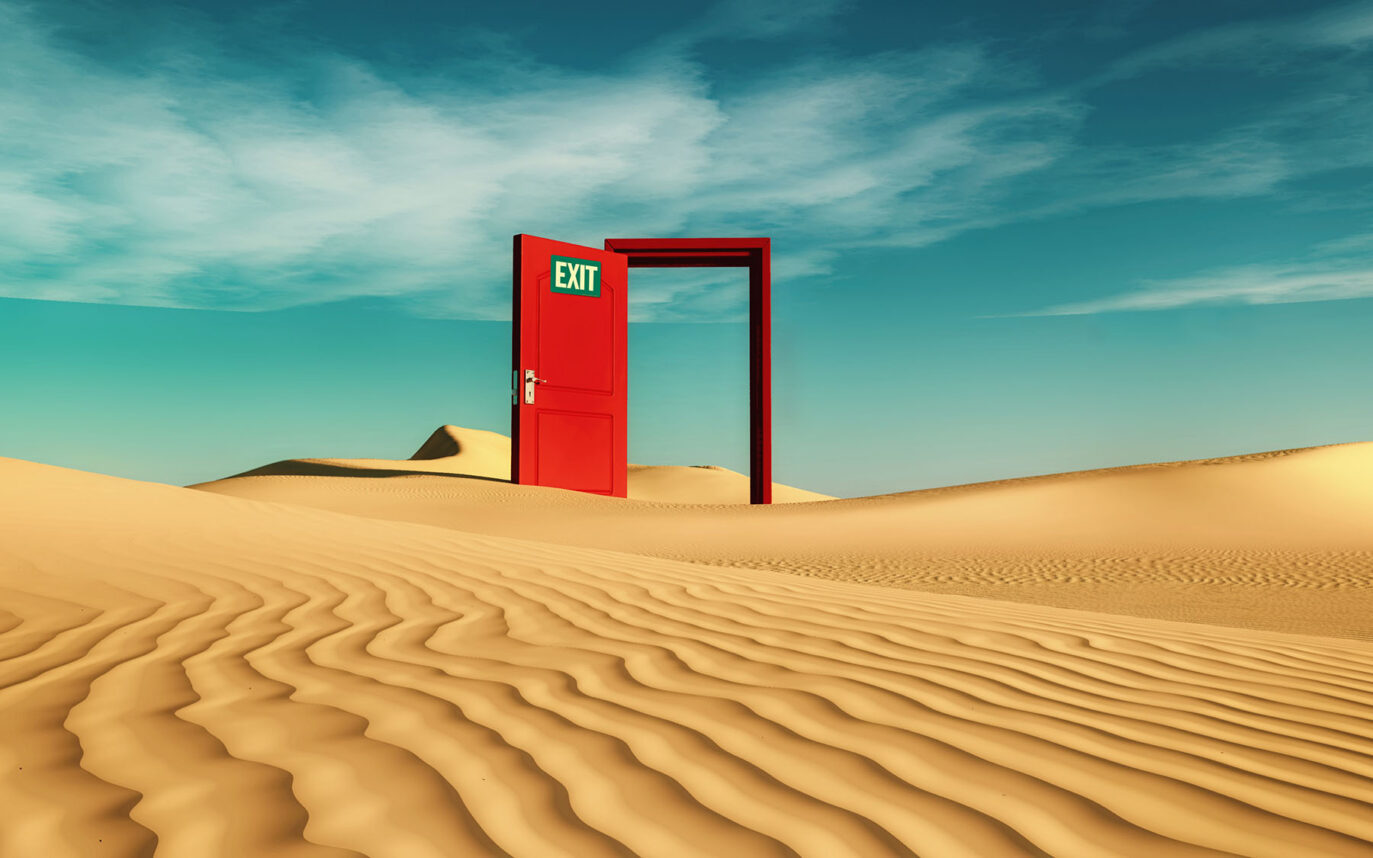
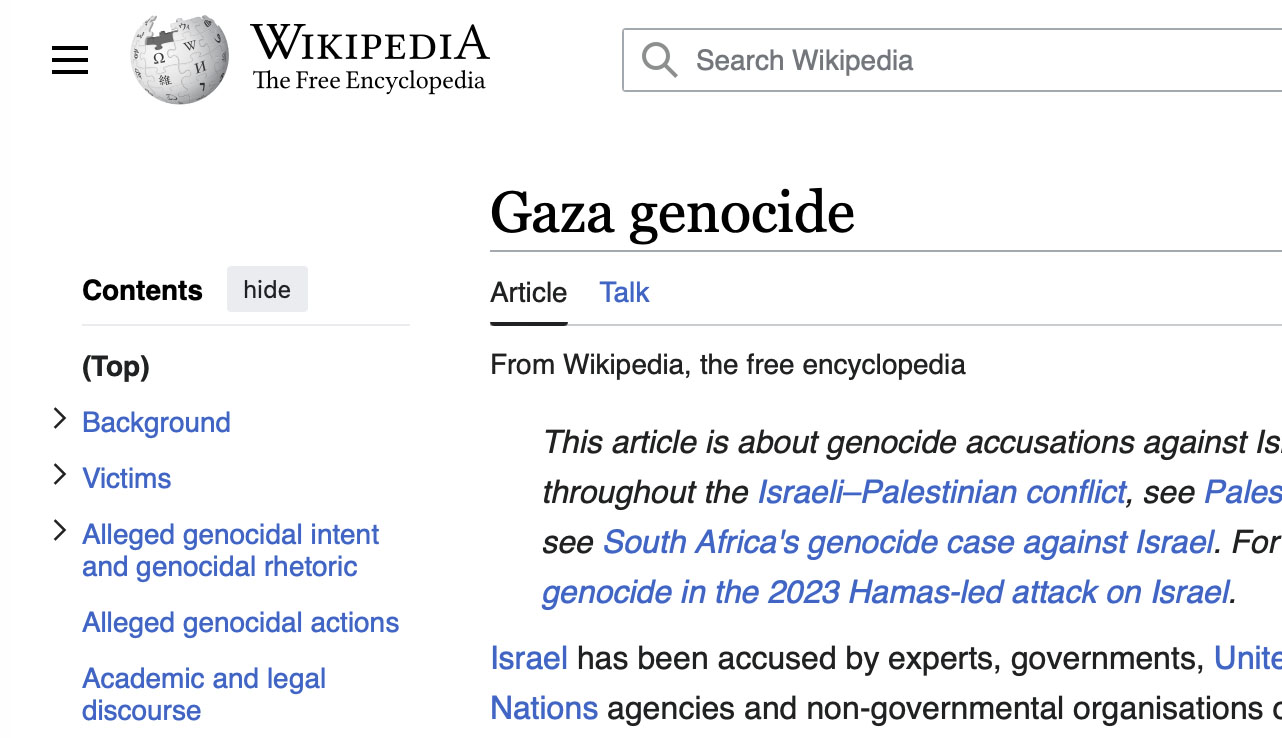



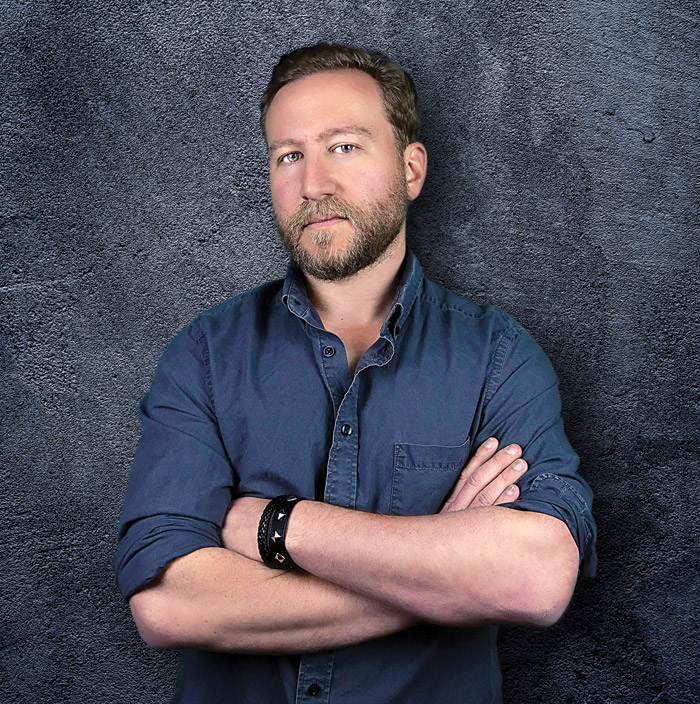
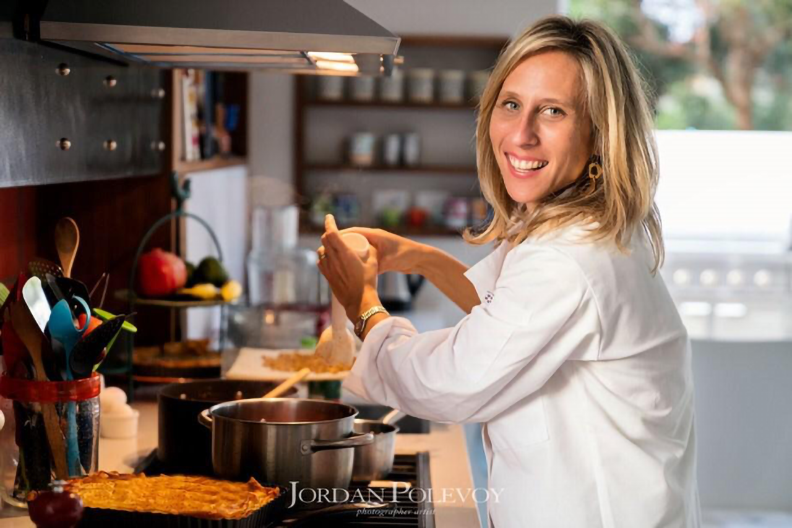
 More news and opinions than at a Shabbat dinner, right in your inbox.
More news and opinions than at a Shabbat dinner, right in your inbox.